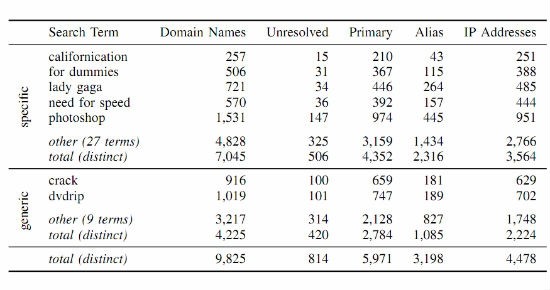Research from Boston's Northeastern University suggests that shutting down known pirate domains is not an effective method for curbing illegal file sharing. Instead, copyright owners should focus their efforts on blocking a site's ability to process payments from a credit card company or PayPal or simply by offering legitimate services that are more attractive than pirating copyrighted media.
The researchers monitored thousands of popular copyrighted files spanning multiple services in an effort to find the most effective method to combat piracy. They noted that blocking sites or sending DMCA takedown notices has a very short-term effect and are essentially a drop in the bucket.

The sheer number of uploaders far outweighs the number of copyright owners, meaning when a file is taken down on one site, it quickly shows up on several others. Researchers likened it to a game of cat and mouse which seems like a fitting description.
Such activity is actually making the file sharing landscape more diverse and even harder to combat as new sites are constantly being created to facilitate sharing.
They also looked at the number of sites where one could find copyrighted material. Using FilesTube, researchers found around 10,000 different domains and more than 5,000 IP addresses associated with pirated content.
Researchers concluded that innovation will ultimately be the key to slowing piracy. If the music industry was able to overcome the dilemma, surely there's no reason why other industries can't do the same.